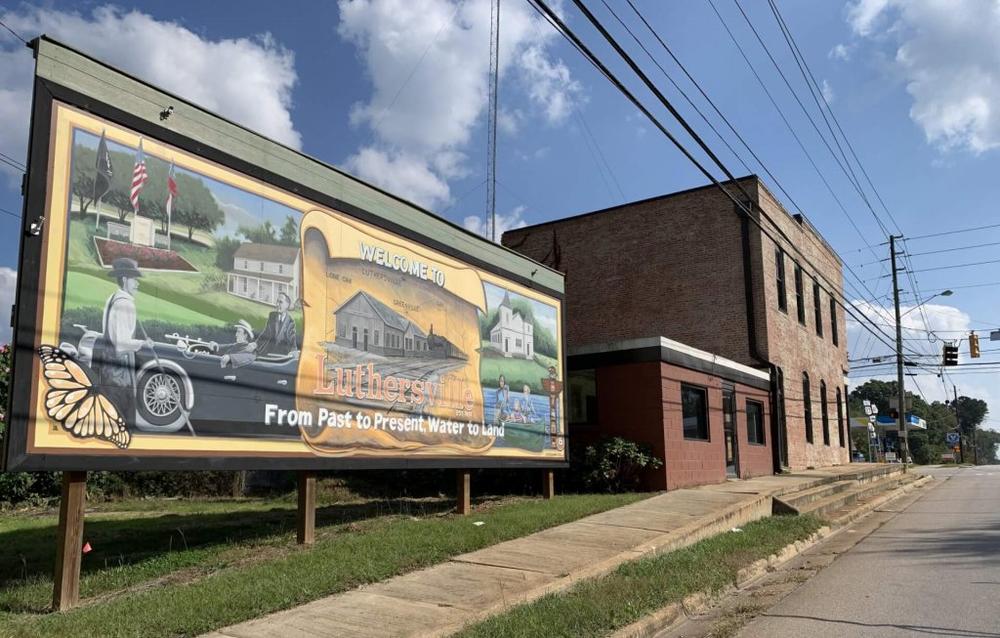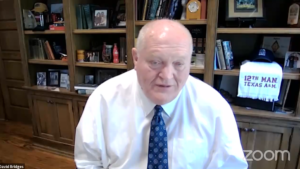
Caption
Rural Georgia outposts are struggling to overcome thorny problems like workforce availability, educational attainment and health care access.
Credit: Jill Nolin/Georgia Recorder

Rural Georgia outposts are struggling to overcome thorny problems like workforce availability, educational attainment and health care access.
The population shift from Georgia’s small towns to its cities has accelerated over the last decade, frustrating the state’s rural lawmakers and others who have worked for years to buck the trend.
Rural Georgia continues to represent the bulk of the state’s land mass, but it is now only home to 21% of the state’s population. A decade ago, one quarter of Georgians lived in the state’s countryside.
This has likely implications for the upcoming redistricting process when lawmakers will use the new headcount to redraw district lines for legislative and congressional seats and reshuffle the state’s growing population. It could mean fewer rural districts as the state’s urban districts swell.
But the population trend is also an alarm bell for lawmakers and those advocating for rural communities, though the problems – workforce availability, educational attainment, health care access – are thorny.
“I hear people all over state government – all the way to the highest level – say we’re the No. 1 state in which to do business,” said David Bridges, who leads the Georgia Center for Rural Prosperity and Innovation.

David Bridges, who leads the Georgia Center for Rural Prosperity and Innovation, warned that “time is running out” for rural Georgia as its population continues to shrink.
“I have one question for the people that continue to say that over and over: How much time do you spend in rural Georgia? And how do you define the state? The state is not limited to 12 counties around Atlanta,” he added. “While we may be in an aggregate way, the number one state in the union in which to do business, I can assure you that there are 125, 130 counties that don’t see it that way.”
Bridges called on lawmakers to act with urgency as “rural Georgia falls into ruins.”
“I want to say that, in terms of urgency, time is running out. It really is. And the COVID pandemic has thrown a great deal of gas on this fire,” Bridges said.
State lawmakers have spent years studying the forces working against Georgia’s smallest communities and brainstorming potential solutions. Much of the sustained focus has been driven by the House Rural Development Council, which began meeting again Wednesday virtually after a break during the pandemic.
The legislative panel has been the source for many of the bills targeting rural communities, such as one empowering electric cooperatives to provide broadband service.
Much of Wednesday was spent digesting the population trends revealed by the 2020 Census numbers.
Some rural counties did grow over the last decade, said David Tanner, associate director of state services and decision support with Carl Vinson Institute of Government at the University of Georgia. Those counties are found in the north Georgia mountains, along the border of metro Atlanta and Bryan County, which touches Savannah’s Chatham County and is the fastest growing county in the state.
“If we take those out of the mix, our rural population actually declined 38,000 people,” Tanner said.
Dooly County in south Georgia lost the largest percentage of its population, with a 25% drop. Telfair and McIntosh counties were not far behind. Dougherty County, home to Albany, is the county with the sharpest decline in the number of residents, with nearly 9,000 fewer people counted.
But some state officials also see an opportunity as the pandemic likely has a lasting impact on how people work. Other states have seen remote workers resettle in rural communities without the worry of a regular commute.
“If we’ve learned nothing else from this pandemic, it’s how important broadband is with more and more people working from home,” said Rep. John Corbett, a Lake Park Republican. “As we continue to take a bite out of that elephant and get high-speed broadband out into rural Georgia, can we help reverse that trend and more people will want to work from home and in Moultrie instead of being up here in Buckhead?”
“That’s an opportunity for many communities in Georgia,” Tanner replied. “If they have great broadband, they can attract that remote worker.”
Communities in Georgia, though, are still struggling to provide a quality internet connection. Several state and federal initiatives in the works are designed to help remedy that, but the progress has been slow. The number of locations in Georgia considered unserved has shrunk slightly from last year, yet about 482,000 remain.
This story comes to GPB through a reporting partnership with Georgia Recorder.